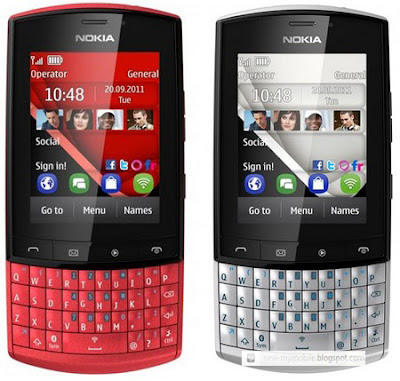A German court said on Thursday it would deliver its ruling on that date, two days after the end of IFA, after hearing arguments from Samsung and iPad maker Apple, which had argued that the Galaxy Tabs "slavishly" copied its design.
Samsung had asked for a decision before IFA. In his response, the judge said there were "overarching similarities" between Samsung's Galaxy Tabs, which run Google's Android operating system, and Apple's iPad.
It was not clear at the time of publication whether the terms of the injunction prohibit Samsung from displaying the Galaxy Tab at IFA.
Earlier this week Apple also won an injuction against Samsung's Galaxy S, Galaxy SII and Ace smartphones, prohibiting their import into Europe through the Netherlands – Samsung's principal import point for the EU. Although the Korean company could get around that injunction by importing into a different country, it would have to reorganise its logistics system to cope with it.
Such methods have been used by companies including Sony to get around similar injunctions.
But the decision in Germany did not all go Apple's way, as the injunction was not enforced by the German court against Samsung throughout Europe.
Florian Müller, who follows the patent battles between technology companies closely, provided an English translation of the court ruling on his Fosspatents blog, which includes a passage noting that "the… design presented by Apple has to be considered valid and is infringed by Samsung. That said, the court reaffirmed doubts about having cross-border jurisdiction over a company domiciled outside the European Union with respect to Europe-wide injunctions. Therefore, the court has indicated that, after the consultation that took place before the hearing, it tends to uphold the preliminary injunction against Samsung Germany to its full extent and to lift it with respect to Samsung's Korean parent company with respect to markets outside of the Federal Republic of Germany."
Richard Windsor, an analyst at stockbrokers Nomura, observed: "The problem Samsung has here is precedent. If it loses the court ruling on 9 September, Apple will be able to take that ruling and apply for a ban in other EU countries as the design rights that Apple has on this are enforceable throughout the EU."
Patent lawsuits are becoming increasingly common between wireless industry players, as established companies seek to protect their markets from newcomers such as Google. Google agreed last week to buy Motorola Mobility for $12.5bn, largely for its vast portfolio of mobile patents. It will be the company's largest-ever acquisition.
Windsor added: "While this is a short-term negative for Samsung, once it has access to the MMI [Motorola] patents via the Google acquisition, we think it should be in a much better position to fight back against Apple. By any stretch of the imagination, Samsung's [present] intellectual property position is weak, giving it little with which to fight back against the predations of Apple."
The battle over the Galaxy Tab in Germany is one of 19 lawsuits going on between Apple and Samsung in 12 courts in 9 countries on 4 continents, says Müller: those include the US, where Apple claims infringement of a number of patents relating to its iPhone and iPad.





 8:56 PM
8:56 PM
 my phone
my phone


















